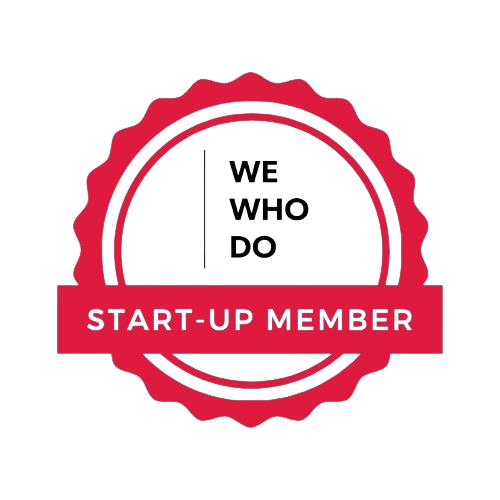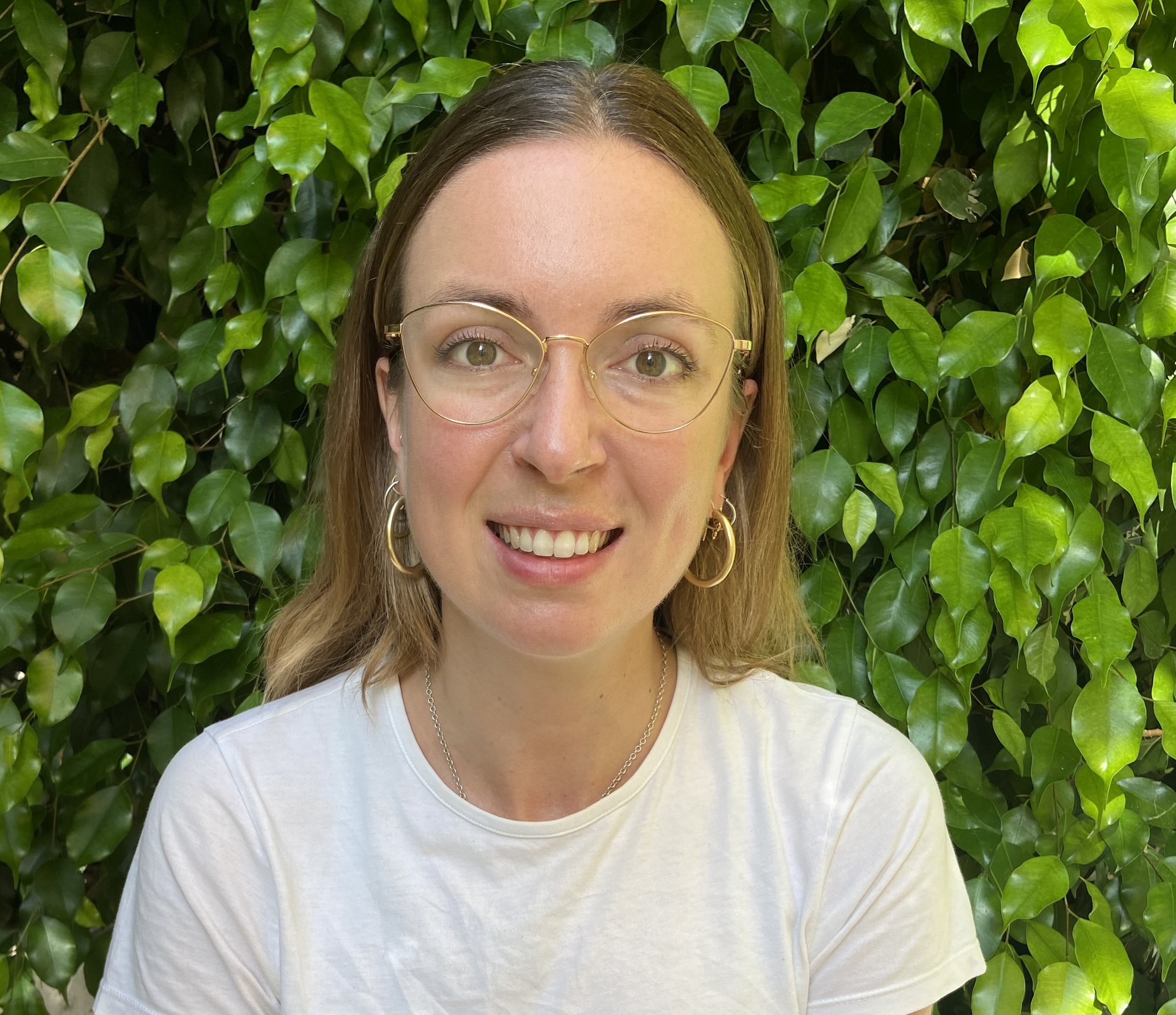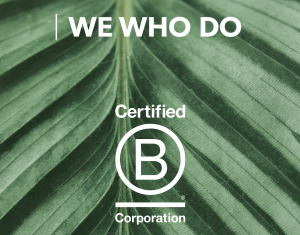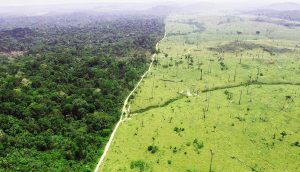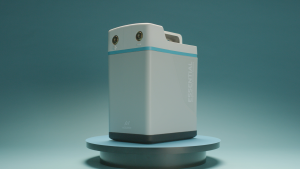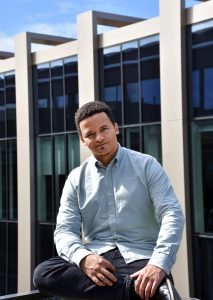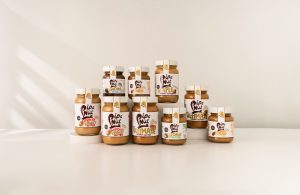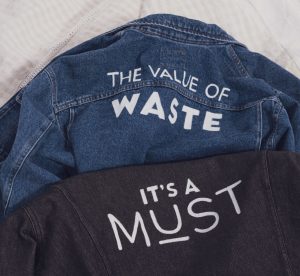From speaking with Charlotte, it is clear that her passion for carbon offsetting and forest protection comes from a place of passion.
Charlotte wants to open up the dialogue and make climate advocates something we can all be – regardless of who we are or what we do.
So, where did the idea for Nula Carbon come from?
Charlotte: The idea for Nula came when I was working for SOKO Kenya, an ethical manufacturer. Prior to working in Kenya, I hadn’t really thought of offsetting in a meaningful way. I think, like a lot of people, I just assumed that offsetting was just about planting trees.
At the time, SOKO was based in Rukinga Wildlife Sanctuary, run by the forest management company, Wildlife Works. Living and working there for three years allowed me to get to know the project and community really well, leading me to think about environmentalism in a completely different way.
But, when I spoke to friends and family at home, I started to see the disconnect between the concept of carbon offsetting and how the consumer was engaging with it. People definitely want to start taking action, yet don’t always know where to start. I left my job in May 2020 to start working on Nula with the aim to bridge this divide, making meaningful action accessible and carbon offsetting engaging.
One of the concepts that I really want to get across is the idea that everything we do has a carbon price tag. This means that whilst it was great that people flew less last year (,from an emissions point of view), we can’t forget about the carbon impact of our other regular activities, such as ordering an Amazon parcel, still has an impact.
How does Nula work?
Charlotte: Our new product is an environmental perk platform that places climate action at the heart of company culture. We see carbon offsetting as a catalyst to wider change, so we’re building a SaaS product that allows organisations to offset their employees’ carbon footprint. This product will utilise impact dashboards and interactive carbon calculators to help organisations monitor, reduce and report back on their impact. With 70% of the modern workforce stating they are more likely to choose a company with a strong environmental agenda, we want to normalise environmental perks, providing leading businesses with the opportunity to showcase their commitment to employees and the planet.
What’s more, we believe a healthy organisation needs a healthy planet. Nula Carbon’s credits help organisations to triple their impact: protecting forests, as well as the communities and biodiversity that rely on them. We need to keep carbon where it is meant to be, which is in the trees and soil.
Why does carbon offsetting matter to you personally?
Charlotte: Climate change is affecting us all in different ways. Whether it’s melting ice caps, or forest fires, we simply can’t just ignore it anymore – a fact that’s become even more prevalent with Covid-19. The difference with climate change and the pandemic is that we can’t simply vaccinate our way out of this crisis.

We need to have access to a variety of solutions in our toolbox and I strongly believe that carbon offsetting is one of them. Having lived on the project and engaged with Wildlife Work’s holistic approach to environmental action, I know how effective it is in preventing degradation and deforestation. What’s more, we need long term solutions that are sustainable. And for long-term sustainability to work, we need to invest in people, in particular the communities that rely on forests and oceans. This is what Wildlife Works does well and this is why I am so invested in their project and in fact, it was one of the principal motivations for me starting Nula.
I want to make other people feel this way as well. Through Nula, we want to inspire hope and help people believe that they really can create positive change. We have our monthly good news newsletter that people can subscribe to, and our biweekly newsletter, The Notes, which breaks down jargon, offers advice and resources and generally champions other brands that we think are doing great things.
How do you think climate activism has changed?
Charlotte: At Nula, we like to steer clear from the word activism because of the reaction that the word can invoke. That doesn’t mean we don’t support some amazing climate activists out there, but just that we want to create a community of climate advocates. Advocates can mean something different to everyone, the word feels more inclusive than activism. This is really important to us as one of our main goals is to make climate action more accessible.
Where do you see Nula growing and developing?
Charlotte: As I mentioned previously, we are in the process of building our new carbon offsetting product. We hope it will be easy to use and normalise environmentalism within the workplace. We want to change it from being a conversation in the boardroom, to a conversation across all levels of the organisation.
Our hope is that organisations will see this as an opportunity for their business; an opportunity that will help them grow as well as give back. If this is the case, we hope to scale the product so that it becomes widely used across organisations and the term ‘environmental perk’ is no longer a novel concept. This will allow us to grow our portfolio of forest-protection projects and hopefully continue to partner with local communities who are invested in keeping their trees standing.
